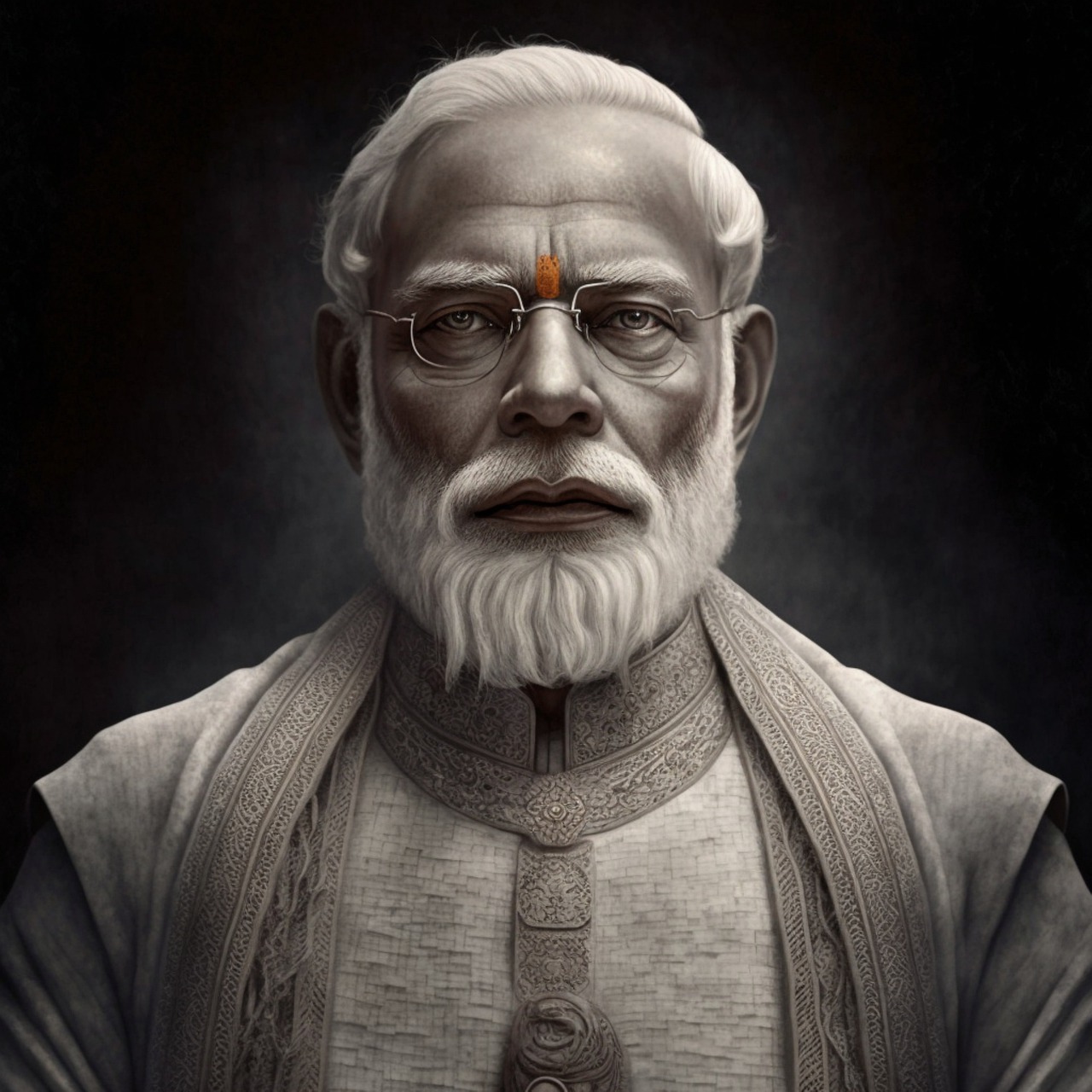
By Vusi Mazimbuko
In the intricate tapestry of global diplomacy, India Prime Minister Narendra Modi’s absence from the recent BRICS meeting on the Gaza conflict was always expected to have some controversy involved. Modi’s absence from the meeting led to the swift entry of External Affairs Minister S. Jaishankar, who skillfully manoeuvred the diplomatic terrain, embodying Modi’s nuanced approach to the Israeli-Palestinian conundrum.
Jaishankar’s remarks, focusing on humanitarian aid without delving into a critique of Israeli actions, mirror a broader pattern in India’s evolving stance under Modi’s stewardship. In an era where geopolitical alignments are increasingly fluid, India’s strategy seems to be one of calibrated neutrality, particularly in the Middle East. This approach marks a departure from the more forthright positions taken by other BRICS nations, such as South Africa’s Cyril Ramaphosa and China’s Xi Jinping, who didn’t mince words in their condemnation of the situation in Gaza.
Modi’s political calculus in steering India’s foreign policy, especially vis-à-vis Israel, is both intricate and pragmatic. The relationship with Israel has metamorphosed into a strategic partnership, transcending the traditional ties that were primarily tethered to the Palestinian cause. This realignment is evident not just in diplomatic rhetoric but also in India’s voting patterns at the United Nations, which have increasingly tilted in favour of Israel.
In 1999 when India engaged in a conflict with Pakistan over the disputed Kashmir region, Israel demonstrated its willingness to supply arms and ammunition. In recent years, India has consistently procured approximately $2 billion worth of weaponry annually from Israel, signalling a robust partnership in defence cooperation. In one instance, Modi made a historic visit to Israel in 2017 which marked a significant milestone, underlining the deepening ties between the two nations. And the very next year he visited Ramallah in the occupied West Bank, indicating India’s diplomatic dexterity in maintaining a balance in its engagements in the region.
While India’s evolving alliance with Israel reflects a pragmatic shift in its foreign policy, it also raises pertinent questions, especially within the BRICS framework. In a grouping where consensus and unity of purpose are traditionally upheld, the divergence in India’s stance on the Israeli-Palestinian conflict could be seen as a deviation from the expected cohesion among member nations.
The BRICS alliance, with its diverse membership, does present an opportunity for member states to leverage collective influence on global matters and, yes, they may all have slightly different stances. After all, at the recent BRICS meeting about the conflict, there was no joint statement but individual statements from countries. However, as India charts its own path in the Israeli-Palestinian quagmire, the broader implications for the group’s unity and its ability to present a unified front on critical global issues remain uncertain.
As BRICS strives to project itself as a formidable global entity with shared values and objectives, the question naturally arises: should all member countries not be on the same page, particularly on sensitive international issues like Gaza? Will there be a potential diplomatic cost within the BRICS framework?
In this complex dance of diplomacy, India’s balancing act may signify a strategic realignment of priorities. Still, it also beckons a critical examination of the group’s coherence and shared values, reminding us that even in a collective endeavour, the individual steps of each member can have far-reaching consequences.

